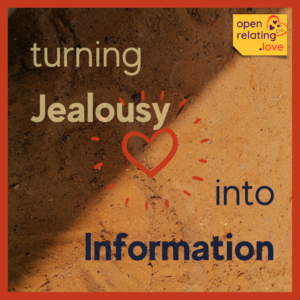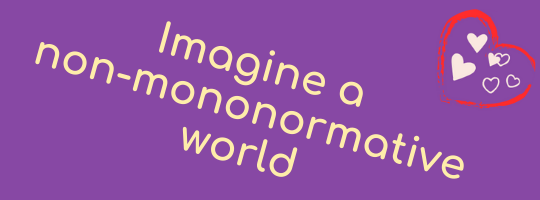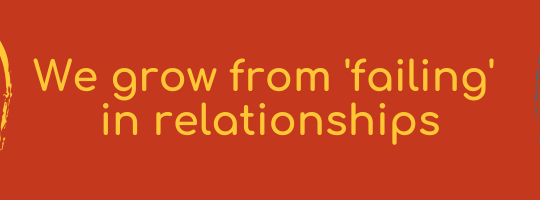Do you believe jealousy is an integral part of human nature? Or is it an emotional reaction to certain traumas, something that we can ultimately control? I believe it can be a little bit of both.
This article looks at what jealousy is, how it is felt and what causes it.
Jealousy can happen at any time to anyone. In this post, we’ll explore what it is, why it is such a problem, examine instances when it may be useful, and why it is important to address it.
I use examples that relate to jealousy in the context of romantic relationships, but I know that jealousy can also be a challenge in family dynamics, career, friendships etc. Much of what we will cover here, can also address those dynamics.
Why do people feel jealous and what does it feel like?
There can be several reasons, and different ways of expression. You know how it feels for you, and you might have experienced it from a partner or someone close to you. I believe that jealousy is one of the most misunderstood human emotions. In fact, it is not a single emotion but a collection of feelings, insecurities and anxieties that tend to feel to us, in our body, in a similar way.
People often describe the expression of jealousy inside them, as a sense of dread, impending doom, feeling out of control. The heart rate increases, the body feels hotter, sweaty palms, the chest feels constricted. In extreme cases it can lead to panic attacks, uncontrollable sadness, feeling paralysed, or lashing out in anger. Simply put, it is the body’s trigger response to sensing danger, even when there is no real danger or if there are other ways of mitigating danger that do not require the body to respond in that way.
Can it be useful?
When our defence system kicks into action, it is doing so to protect us. This can be useful, for example to help us avoid repeating a mistake, or trusting someone that we should not trust. Intuition and self-preservation are built into our being and are part of our evolution. However if our mind-body connection is not strong or healthy, intuition may not be very reliable.
It can be extremely helpful to know when to listen to the body’s defence mechanism and when to push forward because the warning system is faulty and misfires. Being paralysed by a jealous reaction or lashing out to harm the other person is often not in our best interest and may prevent us from self-actualisation and self-development.
Where does it come from?
When asked to trace the source, through counselling or therapy, people often ascribe it to a past experience within an abusive or toxic relationship, being cheated on or lied to, or further back, linked to a childhood trauma.
When we expect a certain outcome and something else happens instead, the shock that we experience could trigger a jealous reaction. Finding out exactly where it comes from is very important for healthy processing.
- Thoughts – we grow up with predetermination of what our romantic relationships should look like and society teaches us a particular view of morality and values. When our experience is contrary to these expectations, our mind will resist change.
- Feelings – A new situation can trigger a memory of a past hurtful experience, which floats back up the same emotion we had at the time. The emotion is expressed in the part of us that resists the change, that wants to fight back or perhaps disappear. It can be felt as deeply as it did when the hurt occurred in our past.
- Body – unprocessed trauma can be stored within the body for many years, and a reaction could occur due to a re-triggering event, even while the mind has no memory of the original event. When strong emotions are awakened, the body attempts to self-regulate through release of adrenalin and other chemicals, increased heart beat and temperature.
How to tell if I may be prone to jealousy?
If you know yourself to have insecurity in relationships or trouble trusting a significant other, chances are that jealousy will be triggered at some point in a relationship. It can also happen if you have grown up in a physically or emotionally abusive situation, if your parents displayed expressions of jealousy, or if you have been betrayed in the past. Being prone to feeling anxious, having low self confidence or having exceedingly high expectations of yourself and others. These can all be clues but are not necessarily reasons for being jealous.
Often, the trigger is less important than the underlying fear or insecurity. It often starts with a miscommunicated or malcommunicated agreement, a dissonance between an expectation and an outcome or socialised norms and peer pressure.
Jealousy is a symptom. If you are willing to look at the root cause, there is a good chance that healing will also lessen the jealous emotions. There are different ways to address the actions taken by our jealous part, mitigate and manage them to reduce the overall tension and conflict in a relationship.
- Jealousy part 2: Between Love and Fear
- Jealousy part 3: The body’s trauma response
- Jealousy part 4: Navigating our emotional landscape









[…] When you search for definitions online, there are mostly variations on the theme that compersion is the opposite of jealousy. […]
[…] Youtube. It is about 30 minutes long and we cover my own background with polyamory, compersion and jealousy and I explain what Multigamy […]
[…] article focuses on jealousy experienced as strong emotions and feelings. Click here to read about how our minds and thoughts influence our experience of […]
[…] discuss more about how to understand our jealousy and pinpoint the emotions, and how to process body-centred triggers that overwhelm us. Those are […]
[…] Jealousy part 1: How to understand jealousy? […]
[…] Jealousy part 1: How to understand jealousy? […]
[…] of what I want to ask my partner to do (or stop doing). There is lots more on this blog about jealousy that can […]